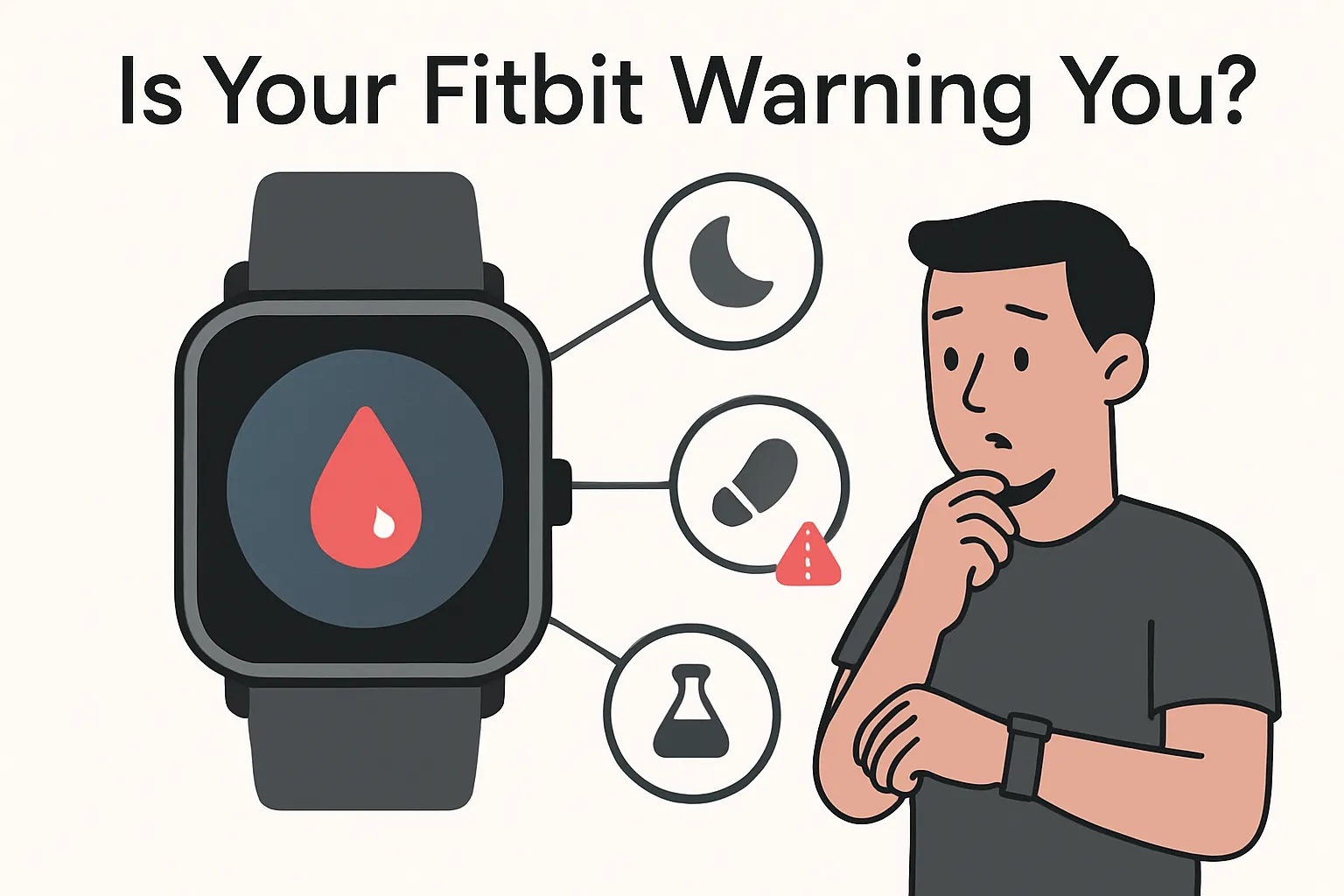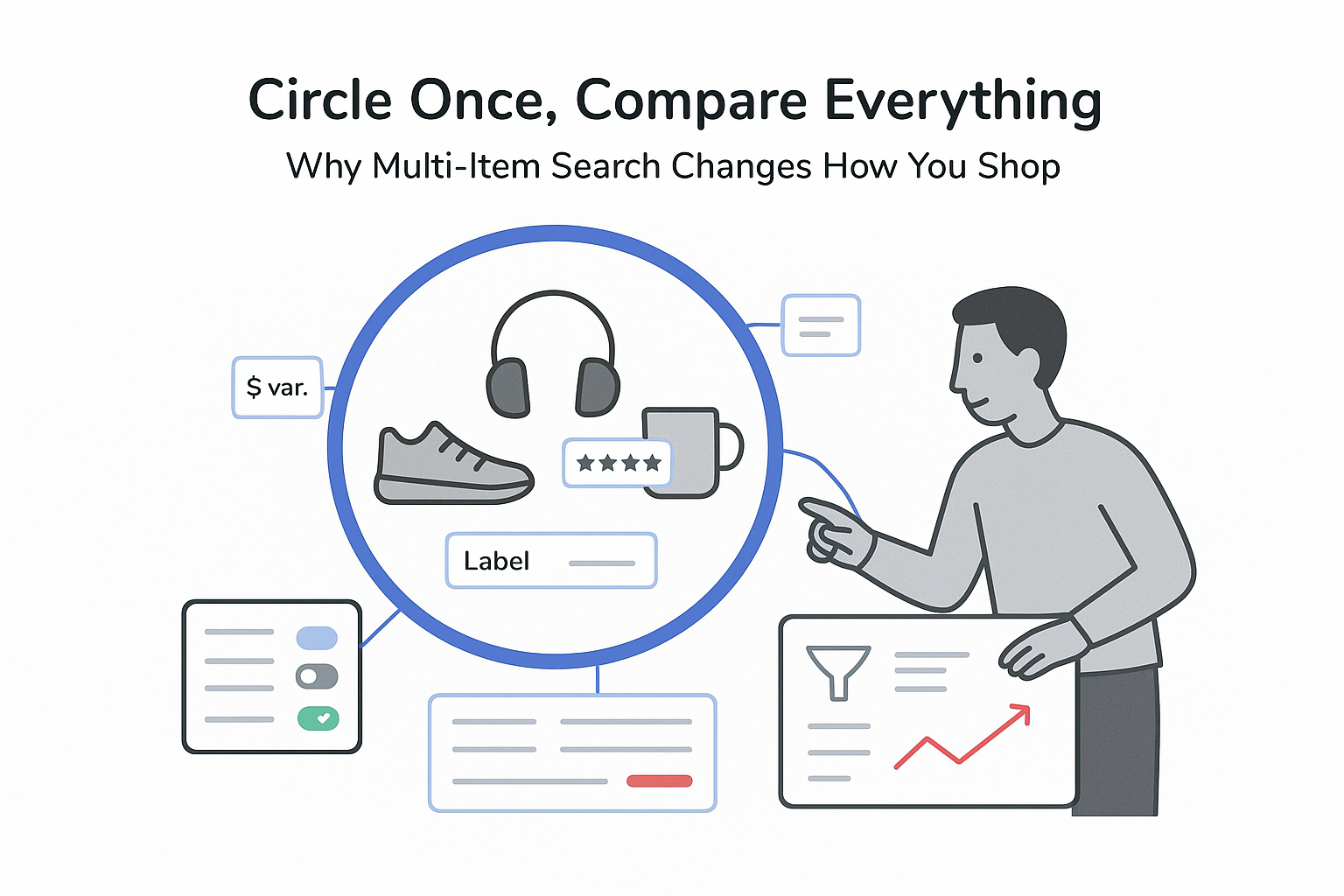Google Research has developed a machine-learning model that screens for insulin resistance using data from Fitbit wearables and standard blood panels. The peer-reviewed Paper was published on 6 August 2025 and analysed adults recruited nationwide through the Google Health Studies app.
Insulin resistance prediction from wearables and routine blood tests
- Cohort: 1,165 U.S. participants enrolled via the app.
- Features: resting heart rate, daily steps, sleep patterns, fasting glucose, and lipid panel results.
- Performance: area under the receiver operating characteristic curve (auROC) of 0.80 for detecting insulin resistance (HOMA-IR ≥ 2.9).
- Sensitivity and specificity were 76 percent and 84 percent, respectively.
- Top predictors by SHapley Additive exPlanations [SHAP] values: resting heart rate, body-mass index, and fasting glucose.
Study dataset, model performance, and validation
The WEAR-ME protocol (WEAR-ME) was approved by an Institutional Review Board. Blood samples were processed by Quest Diagnostics. Median participant age was 45 years with a median BMI of 28 kg/m².
Model sensitivity climbed to 93 percent in the subgroup that was both obese and sedentary. External validation on 72 volunteers in San Francisco - all wearing a Fitbit Charge 6 - produced 84 percent sensitivity and 81 percent specificity, confirming generalisability.
Previous benchmarks and clinical context
Conventional assessments such as the euglycemic insulin clamp and Homeostatic Model Assessment for Insulin Resistance require specialised assays and are rarely used in routine check-ups. Earlier digital studies that relied solely on blood glucose achieved lower accuracy.
Type 2 diabetes affects hundreds of millions globally, with about 70 percent of cases preceded by chronic insulin resistance. A low-cost, repeatable screening tool could prompt earlier lifestyle interventions and delay disease onset.
Source citations
- Insulin Resistance Prediction From Wearables and Routine Blood Biomarkers (arXiv, 6 Aug 2025)
- Google Research blog post announcing WEAR-ME results
- Institutional Review Board approval notice (study supplement)
- International Diabetes Federation factsheet on global prevalence







.svg)